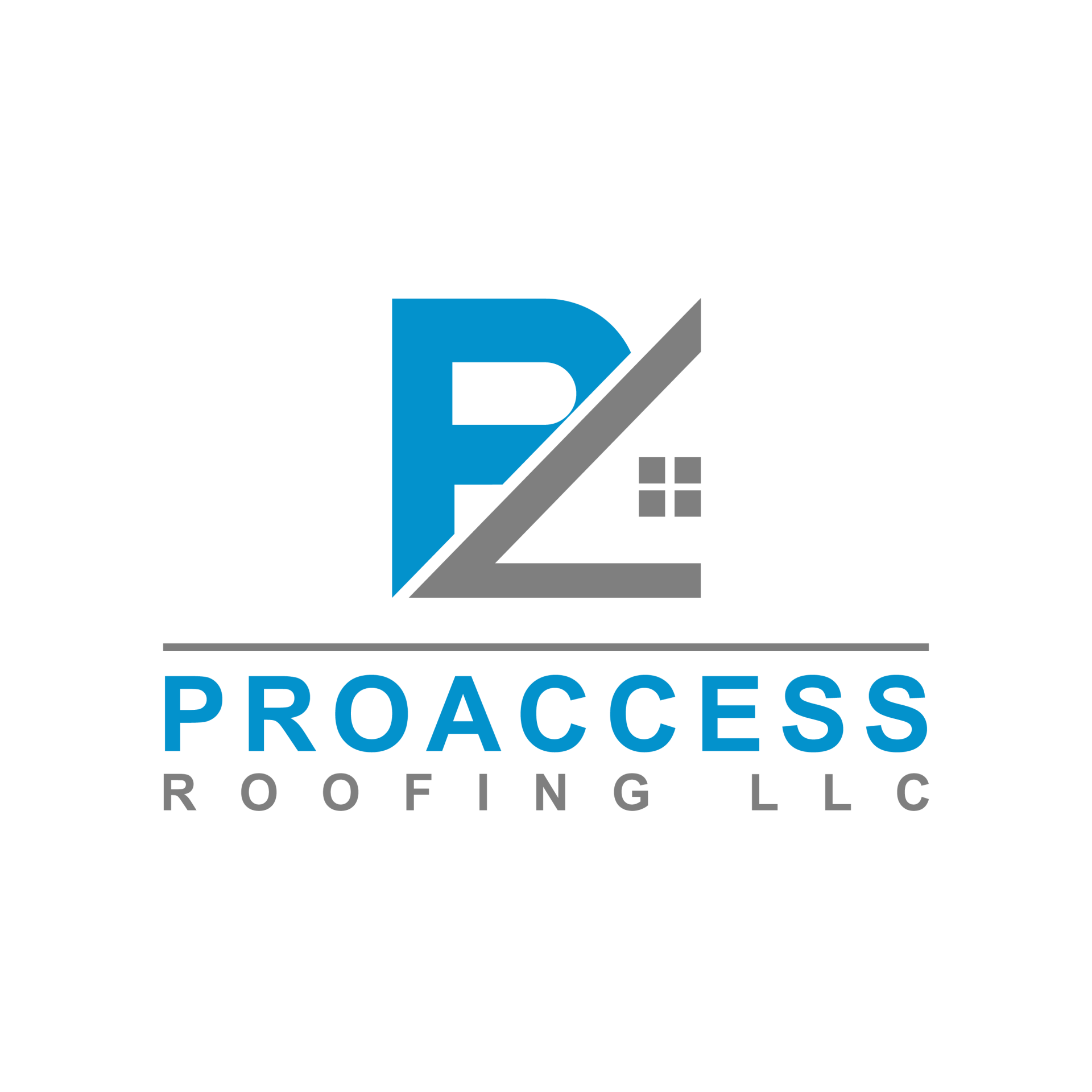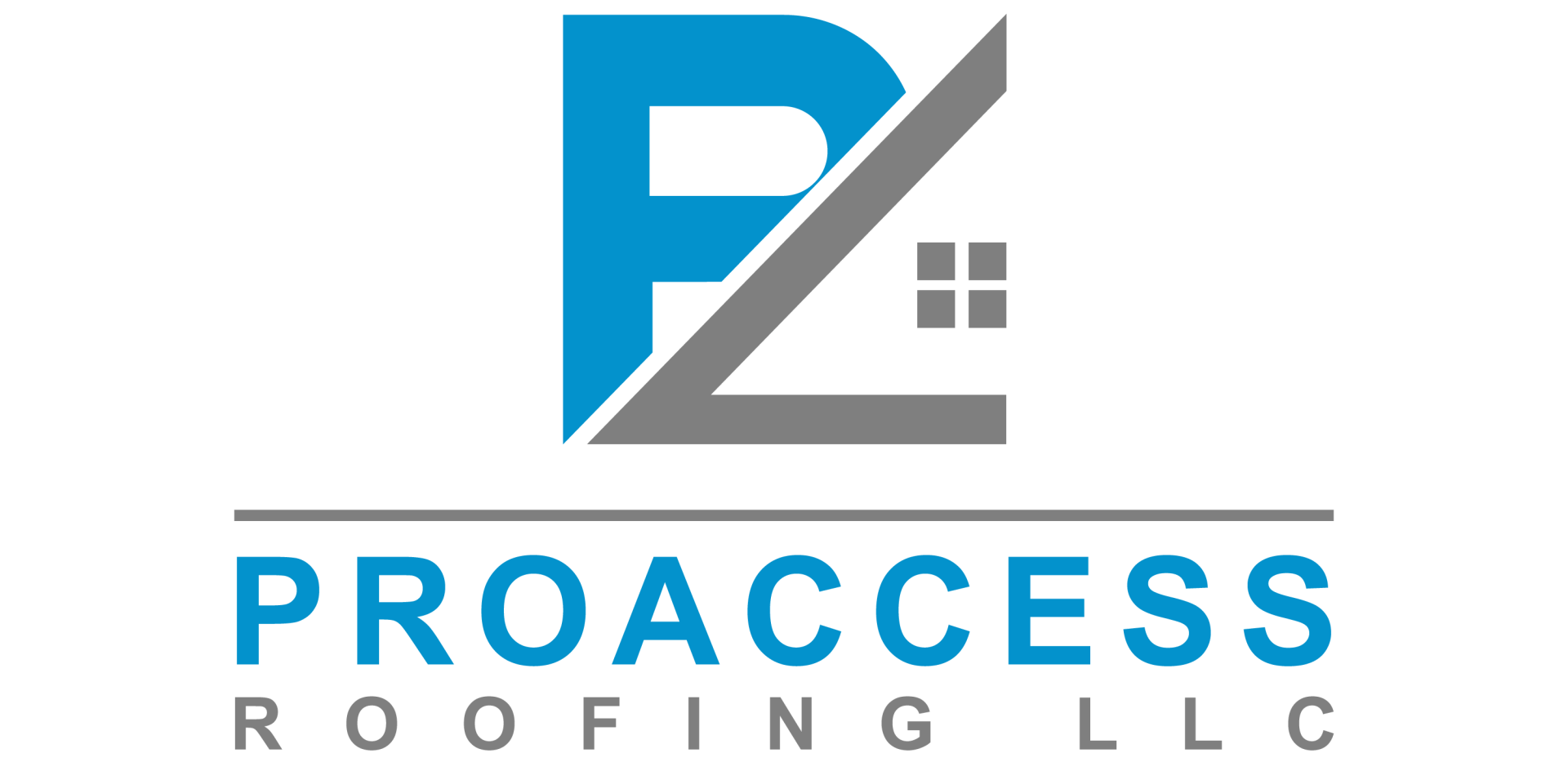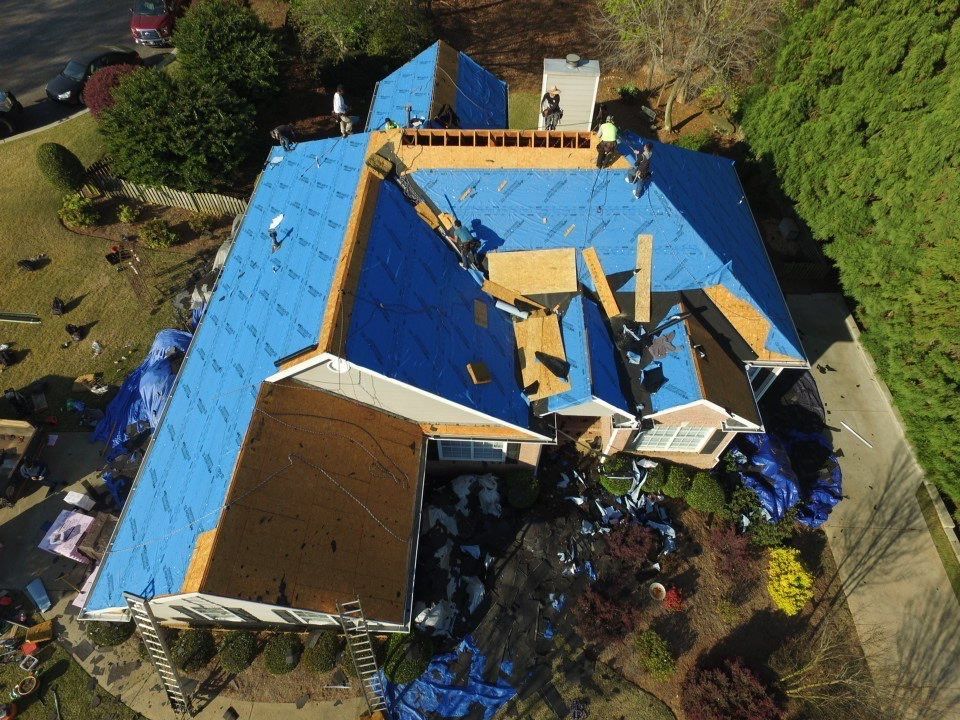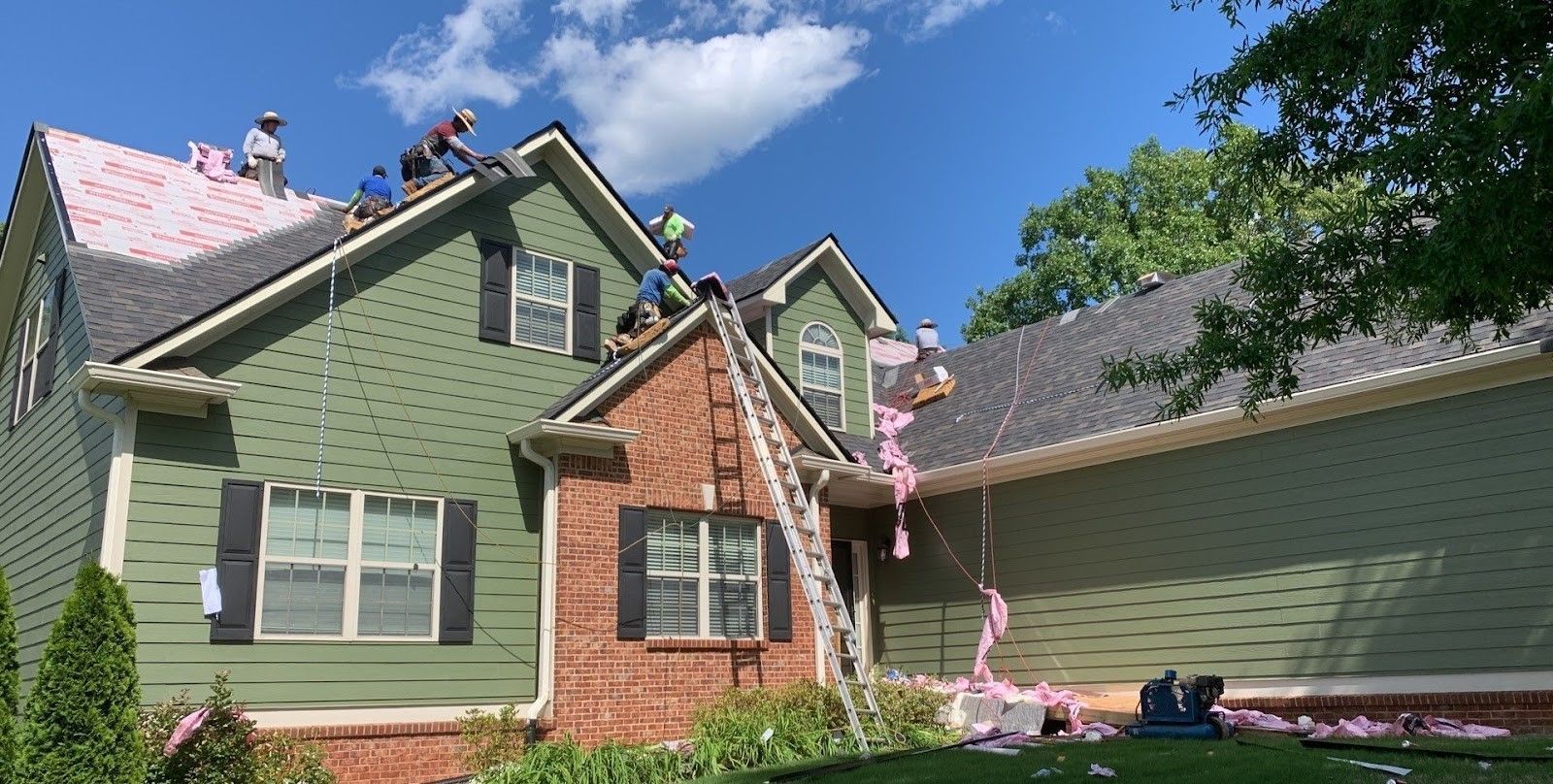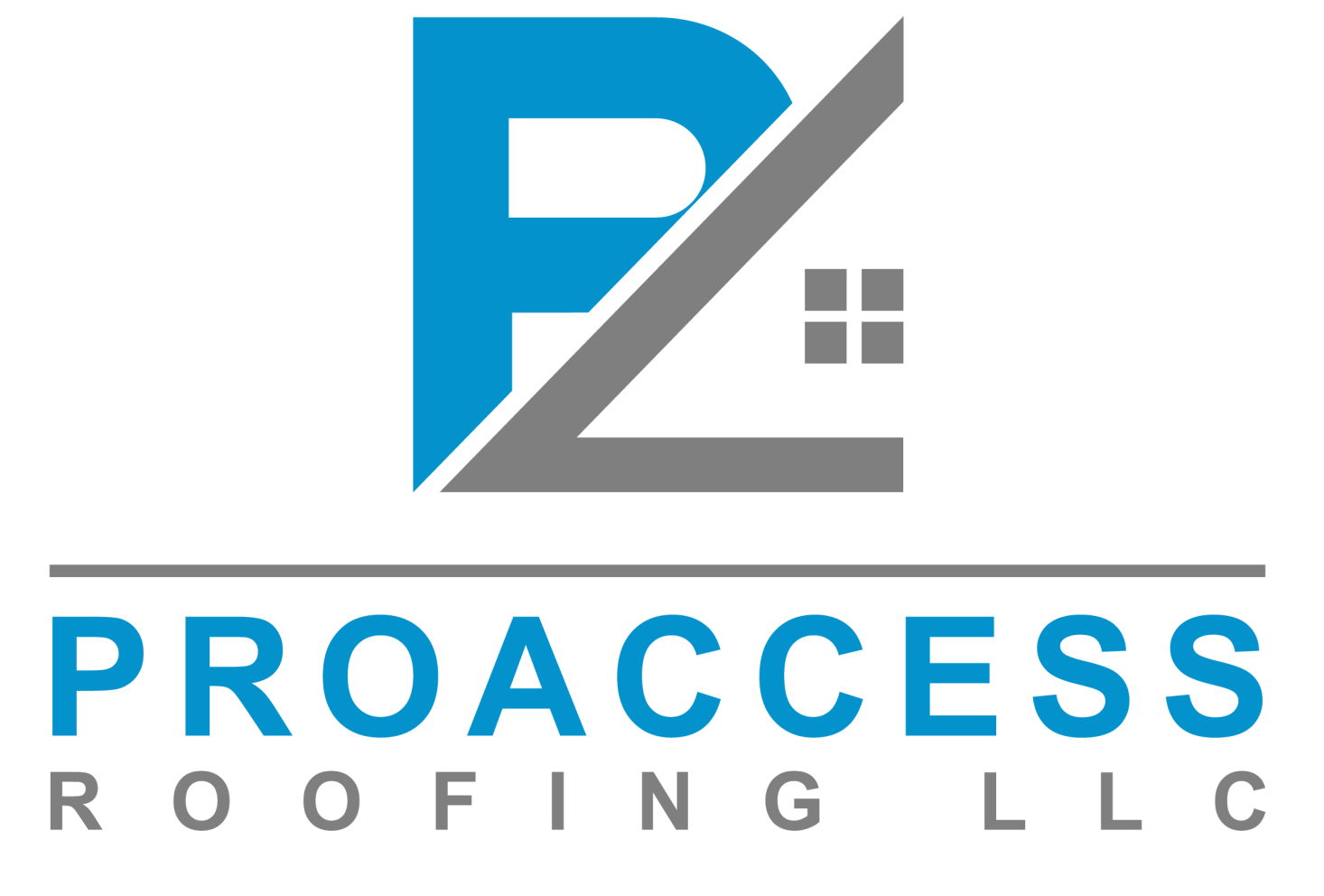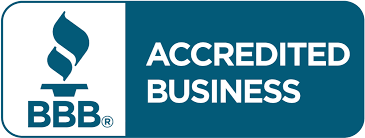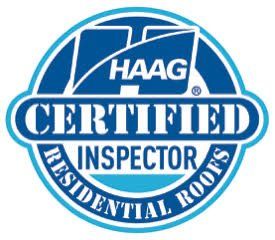As a Georgia homeowner in Monroe, Loganville, or the Atlanta metro area, it's critical to understand roof warranties and how they protect your investment. Warranties can provide peace of mind, knowing that your roof is covered against certain issues and potential damage. However, navigating the various warranty types, coverage limitations, and the role of roofing contractors in the warranty process can be challenging.
In this article, we'll address the most common questions homeowners have regarding roof warranties, discuss the differences between manufacturer and workmanship warranties, what to expect in terms of warranty coverage, and how a trusted roofing contractor like Proaccess Roofing LLC fits into the process. With this valuable information, you'll be better equipped to make informed decisions about your roof's warranty and protection, safeguarding your home and investment for years to come.
Types of Roof Warranties
1. Manufacturer Warranties
Manufacturer warranties cover the roofing materials themselves, protecting homeowners against defects in the materials that could lead to damage or shortened lifespan. These warranties are generally provided by the manufacturers of the roofing materials, such as shingles, tiles, or metal components. Some common features of manufacturer warranties include:
- Material Defect Coverage: Protection against defects in the manufacturing process that may cause the materials to deteriorate prematurely or fail.
- Prorated Coverage: Coverage that decreases over time, meaning the warranty provides full coverage for a specified period and gradually reduces its reimbursement as the roof ages.
- Transferability: Some manufacturer warranties allow homeowners to transfer their warranty coverage to a new owner if they sell their home within the warranty period.
2. Workmanship Warranties
Workmanship warranties, also known as labor warranties or installation warranties, are provided by the roofing contractor, such as Proaccess Roofing LLC, and cover their work during the installation process. These warranties protect homeowners against issues that arise due to improper installation, ensuring that the contractor will take responsibility and rectify any problems.
Key factors to consider when evaluating workmanship warranties include:
- Length of Coverage: Workmanship warranties may vary in duration, with some contractors offering coverage for as little as one year, while others offer multi-year or even lifetime coverage on their installation work.
- Scope of Coverage: Different contractors may offer varying levels of coverage for their workmanship warranties, so it's essential to read the terms carefully and understand what is included and what may be excluded.
- Transferability: Similar to manufacturer warranties, some workmanship warranties may be transferable to a new homeowner if the property is sold within the warranty period.
Understanding Warranty Coverage
1. Material Coverage
Material coverage, as the name suggests, pertains specifically to the roofing materials and their ability to withstand normal wear and tear during the warranty period. This type of warranty coverage varies depending on the manufacturer and the specific materials used on your roof. For example, asphalt shingles may have different warranty terms than metal roofing materials. It's essential to understand the specific coverage for the materials used on your Georgia home in Monroe, Loganville, and the Atlanta metro area.
2. Workmanship Coverage
Workmanship coverage focuses on the installation of roofing materials and safeguards against any problems that arise due to improper installation techniques. If an issue is identified as being due to the installer's faulty work, the warranty would typically cover the cost of repair or replacement.
3. Extended Coverage
In some cases, homeowners may have the option to purchase extended warranty coverage, which can provide additional protection beyond standard manufacturer and workmanship warranties. Extended warranties may offer longer coverage terms, prorated reimbursement, or even the ability to transfer the warranty when selling your home. Each extended warranty provider will have different terms, so it's crucial to carefully review the coverage details.
The Role of Roofing Contractors in the Warranty Process
1. Proper Installation
One of the best ways to minimize potential warranty issues is to invest in proper installation from a reputable roofing contractor like Proaccess Roofing LLC. Proper installation helps ensure that your roof will perform as expected, reducing the likelihood of workmanship-related issues arising in the future.
2. Warranty Activation
Some warranties may require activation by the roofing contractor upon completion of the installation. This may involve registering the warranty with the manufacturer or submitting documentation proving that the materials were installed according to their guidelines.
3. Warranty Repairs or Replacements
In the event that a warranty claim is necessary, your roofing contractor will be responsible for completing the covered repairs or replacements, ensuring the work is done correctly and in accordance with the warranty terms.
Tips for Georgia Homeowners
1. Research and Compare Warranties
Before selecting a roofing contractor and materials, research and compare the warranties offered by various providers in Monroe, Loganville, and the Atlanta metro area. Understand the differences between manufacturer and workmanship warranties and consider extended warranty options if available.
2. Keep Documentation
Save all documentation related to your roof installation, including the warranty, receipts, and records of any repairs or maintenance. This documentation will be crucial if you ever need to file a warranty claim or provide proof of work when selling your home.
3. Perform Regular Maintenance
Regular roof maintenance is crucial for maintaining both your roof's performance and its warranty eligibility. Many warranties require proof of regular maintenance, and neglect can result in voiding the warranty altogether.
Conclusion
For Georgia homeowners, understanding roof warranties is essential for protecting your investment in Monroe, Loganville, and the Atlanta metro area. By researching and comparing warranty options and working with a reputable roofing contractor like Proaccess Roofing LLC, you can ensure that your roof is well-covered and prepared to withstand the harsh conditions of autumn and winter weather.
Get Peace of Mind With Proaccess Roofing LLC
Understanding and choosing the right roof warranties for your Georgia home is a vital part of safeguarding your investment. As a homeowner in Monroe, Loganville, or the Atlanta metro area, you can ensure maximum protection by selecting the appropriate manufacturer and workmanship warranties, maintaining your roof correctly, and partnering with a reliable roofing contractor like Proaccess Roofing LLC.
Ensure the longevity and performance of your roof during the autumn and winter months by working with Proaccess Roofing LLC to expertly handle your
residential roofing needs. From selecting the best warranties to providing proper installation and repairs, our experienced team is dedicated to delivering top-quality service for Georgia homeowners. Reach out today and schedule a consultation to secure your roofing investment and achieve your ultimate peace of mind. Explore our range of comprehensive roofing and warranty solutions tailored to your needs.
